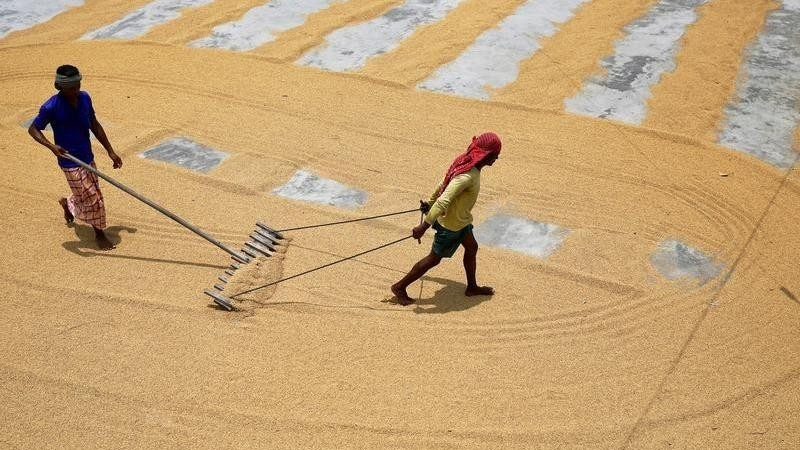The Food and Agriculture Organisation of the United Nations (FAO) said that the cereal price index in June decreased compared to May, but still increased by 27.6% compared to the same period in 2021. FAO said that food prices remain high due to the impact of the conflict in Ukraine, along with concerns about adverse weather, while global demand, as well as production and transportation costs, remain high.
Meanwhile, the United Nations’ World Food Programme (WFP) warned that high food prices severely hamper efforts to support millions of people in need of humanitarian aid. According to WFP, the food rations of 75% of the refugees in East Africa received from this agency have decreased by 50%, with Ethiopia, Kenya, South Sudan and Uganda being affected the worst. More than 67% of South Sudan’s population, about 8.3 million people, are in urgent need of aid and are at risk of severe starvation.
To solve the urgent food problem, the Group of Seven (G7) has committed to providing 5 billion USD for efforts to ensure global food security. Of which, 2.76 billion USD in aid that the US committed to supporting the transport of food to more than 47 countries and regional organisations. Of this, about 2 billion USD will be used for direct food supplies, with the remainder for short- and medium-term aid in a sustainable manner.
Canada also announced another 250 million USD in aid for WFP, as Ottawa is pushing for a Commonwealth of Nations consensus to avert a new humanitarian crisis. Japan also announced details of nearly 200 million USD in aid to support food and increase production capacity for countries directly affected by the global grain supply shortage.
Ukraine is considered the breadbasket of Europe and is one of the world’s leading grain exporters. However, the export of food by sea from Ukraine has been blocked in recent times, exacerbating the risk of a food crisis. Therefore, finding a solution to reopen Ukraine’s ports on the Black Sea is a matter of priority for the United Nations and other countries at this time.
Delegations of Russia, Ukraine and Turkey along with United Nations officials on July 13 negotiated the resumption of Ukrainian grain exports in the Black Sea. United Nations Secretary-General Antonio Guterres confirmed that the parties made great and important progress in these negotiations.
Many member countries of the group of leading developed and emerging economies (G20) have expressed support for the efforts of the UN Secretary-General to provide safe shipping routes for the distribution of food and energy from Russia and Ukraine. G20 members also pledged to explore the possibility of deeper cooperation to enhance food and energy security, including cooperation through the United Nations system, or international organisations.
The UN Secretary-General emphasised that the progress made by the parties to ensure the safe export of Ukrainian food products through the Black Sea gives hope to reducing the risk of hunger around the world. This is also an opportunity to increase support for the most vulnerable countries and people, contributing to the stabilisation of the global food system.
















